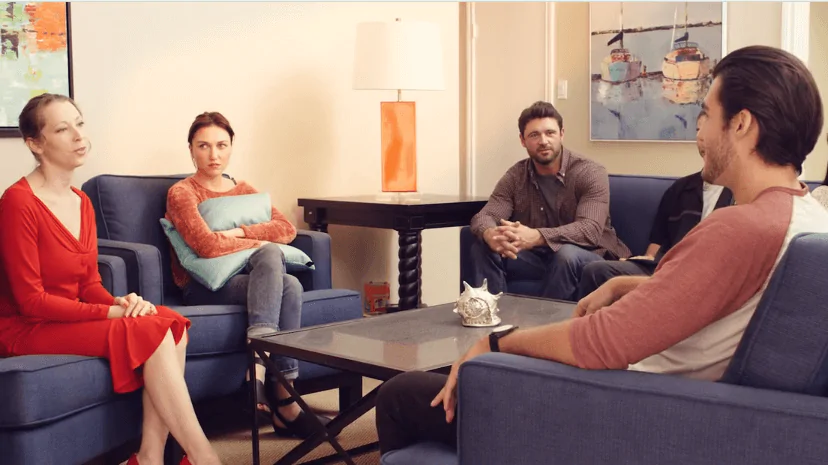24/7 Helpline:
(866) 899-221924/7 Helpline:
(866) 899-2219
Learn more about Cocaine Rehab centers in Big Rapids
Cocaine Rehab in Other Cities

Other Insurance Options

Providence

Optum

Meritain

UMR

Private insurance

AllWell

CareFirst

Aetna

Evernorth

Choice Care Network

Premera

Access to Recovery (ATR) Voucher

Humana

Self-pay options

Magellan Health

Cigna

Absolute Total Care

Sutter

BHS | Behavioral Health Systems

ComPsych

Ten16 Recovery Network
Ten16 Recovery Network has a proud history of providing services to people impacted by substance use...

Community Mental Health Services
Community Mental Health Services is a public rehab located in Big Rapids, Michigan. Community Mental...

Nova Counseling Associates
Nova Counseling Associates is a private rehab located in Big Rapids, Michigan. Nova Counseling Assoc...





























































































































